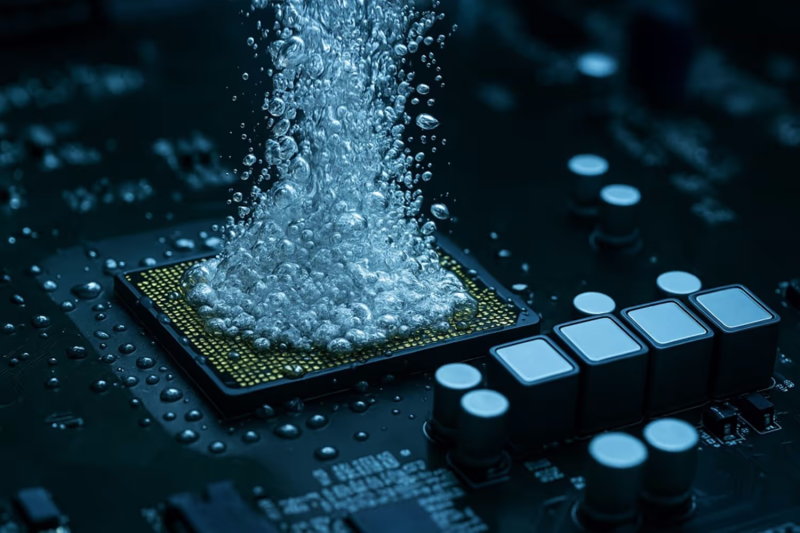Your cart is currently empty!

Why abolishing cum laude for PhDs is painful but necessary
Editor Paul van Gerven believes in recognizing exceptional performance, but the cum laude distinction is too dependent on randomness and personal preferences.
“Absurd!” That was my gut reaction upon hearing that the University of Twente is scrapping the cum laude distinction for PhD dissertations. I suspected runaway egalitarianism had once again made a casualty. Are we no longer allowed to celebrate exceptional academic achievement? Why not get rid of the Nobel Prize while we’re at it? My indignation was echoed in a sharp critique by UT professor Stefano Stramigioli.
But the more I think about it, the more I see the logic of the UT’s decision. The cum laude label suffers from so much subjectivity and randomness that its value is far less than many would like to believe.
To qualify for cum laude, a dissertation must not only be excellent; it must meet a range of often implicit and arbitrary criteria set by the supervising professor. Gender is a prime example: studies show that female PhD candidates are about half as likely to receive the honor. But every professor has a mental checklist of preferences, many of them subconscious and idiosyncratic.
Consider a posh and elitist professor with rigid notions of decorum. Does an activist in a hoodie and ripped jeans stand the same chance as a polished, fraternity-trained lab mate? Meanwhile, another professor, bullied by frat types in high school, might reverse those odds. A third might opt out of awarding cum laude altogether – too much hassle.
Background, personality, upbringing, language skills: all factors that can unconsciously sway judgment. Even professors who make a conscious effort to avoid them won’t always succeed. They’re human, after all.
The result: a significant number of deserving candidates are never recognized. When so many fall through the cracks, cum laude fails to fulfill its purpose: to distinguish the very best doctoral research.
There are no enforceable, objective criteria to fix this. An independent committee can’t reliably gauge excellence from a dissertation or publication record alone. It would lack insight into the candidate’s actual contribution. Some students’ beds are already made when they start, building on years of previous projects. Others are burdened with starting a new thread of research but manage to produce what typically takes years and multiple projects. Only direct supervisors can make the distinction.
Even if we pretend supervisors can set aside their biases, thorny questions remain. Should a brilliant candidate disciplined for inappropriate behavior still be eligible? What if it happened twice? What about someone exceptionally talented but persistently uncollegial? Or someone delayed by illness?
I believe in equal opportunities, not equal outcomes. Individual excellence should be recognized and rewarded, especially in science. But when honors are granted under unequal conditions, they lose their legitimacy. And personal opinions on what’s fair aside, it’s obvious that society no longer has patience for the kind of unfairness that’s embedded in cum laude PhDs. That a public institution like a university is acting on this is not only understandable; it’s necessary.


